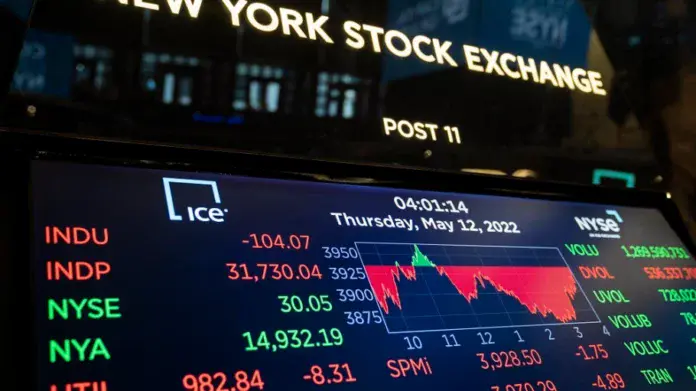
Global Inflation Slowly Falling But Economic Growth Remains Historically Low – IMF Researcher1 min read


According to him, by contrast, despite a 0.5 percentage point downward revision, many emerging market and developing economies are picking up, with year-end to year-end growth accelerating to 4.5 percent in 2023 from 2.8 percent in 2022.
According to the Fund, global inflation will fall, though more slowly than initially anticipated, from 8.7 percent last year to 7 percent this year and 4.9 percent in 2024.
Pierre-Olivier Gourinchas intimated that recent banking instability in the advanced economies reminds, however, that the situation remains fragile.
He added that once again, downside risks dominate and the fog around the world economic outlook has thickened.
“First, inflation is much stickier than anticipated, even a few months ago. While global inflation has declined, that reflects mostly the sharp reversal in energy and food prices. But core inflation, which excludes energy and food, has not yet peaked in many countries.
“We expect year-end to year-end core inflation will slow to 5.1 percent this year, a sizeable upward revision of 0.6 percentage points from our January update, and well above target,” he said.
“Moreover,” Pierre-Olivier Gourinchas added “activity shows signs of resilience as labor markets remain very strong in most advanced economies. At this point in the tightening cycle, we would expect to see more signs of output and employment softening.
“Instead, our output and inflation estimates have been revised upwards for the last two quarters, suggesting stronger-than-expected aggregate demand.
“This may call for monetary policy to tighten further or to stay tighter for longer than currently anticipated.”


















